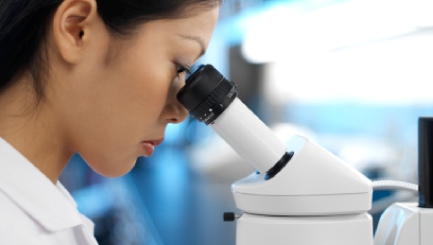Have Japanese Researchers Provided New Hope For Diabetics?
 Diabetes is a devastating disease that affects the wellbeing of 200 million people worldwide, but thanks to a discovery by scientists from Japan, the wellness of all of these people could be improved with a potential diabetes cure.
Diabetes is a devastating disease that affects the wellbeing of 200 million people worldwide, but thanks to a discovery by scientists from Japan, the wellness of all of these people could be improved with a potential diabetes cure.
The findings were published in EMBO Molecular Medicine, and showed that there is a way of regenerating the beta cells in your pancreas. This is important if you are an insulin-dependent diabetic, as the reason for your diabetes is that the beta cells in your pancreas, which are responsible for insulin production, don’t produce enough of the hormone. This means you are dependent on insulin injections to combat any further serious complications, but your treatment can be hindered by your pancreas’ low ability to regenerate the beta cells.
However, the team from the AIST Institute in Tsukuba, Japan, which was led by Dr. Tomoko Kuwabara, discovered a technique involving adapting neural stem cells to different cell replacement roles in your body. According to Kuwabara, ‘As diabetes is caused by the lack of a single type of cell the condition is an ideal target for cell replacement treatments’. This discovery also offers new hope for many people who suffer from other diseases that occur due to non-functioning cells.
For the technique, the researchers used cells from the hippocampus and olfactory bulb in the front of the brain, and transplanted them into a diabetic rat. This caused the cells to act like the beta cells of the pancreas, meaning that they produced insulin. When the cells were removed the rat’s sugar levels rose again. This proved that the cells in your brain can be used as an effective diabetes treatment, which was surprising since these brain cells do not normally produce insulin.
The research results have incurred an encouraging peer response, with Onur Basak and Hans Clevers, from the Hubrecht Institute for Development Biology and Stem Cell Research, writing in their close up paper ‘The discovery of stem cells which have virtually unlimited self-renewal raises great expectations for their use in regenerative medicine. The isolation and cultivation of stem cells as a renewable source of beta cells would be a major breakthrough’. Their paper was published in the same issue of EMBO Molecular Medicine.


Comments are closed.